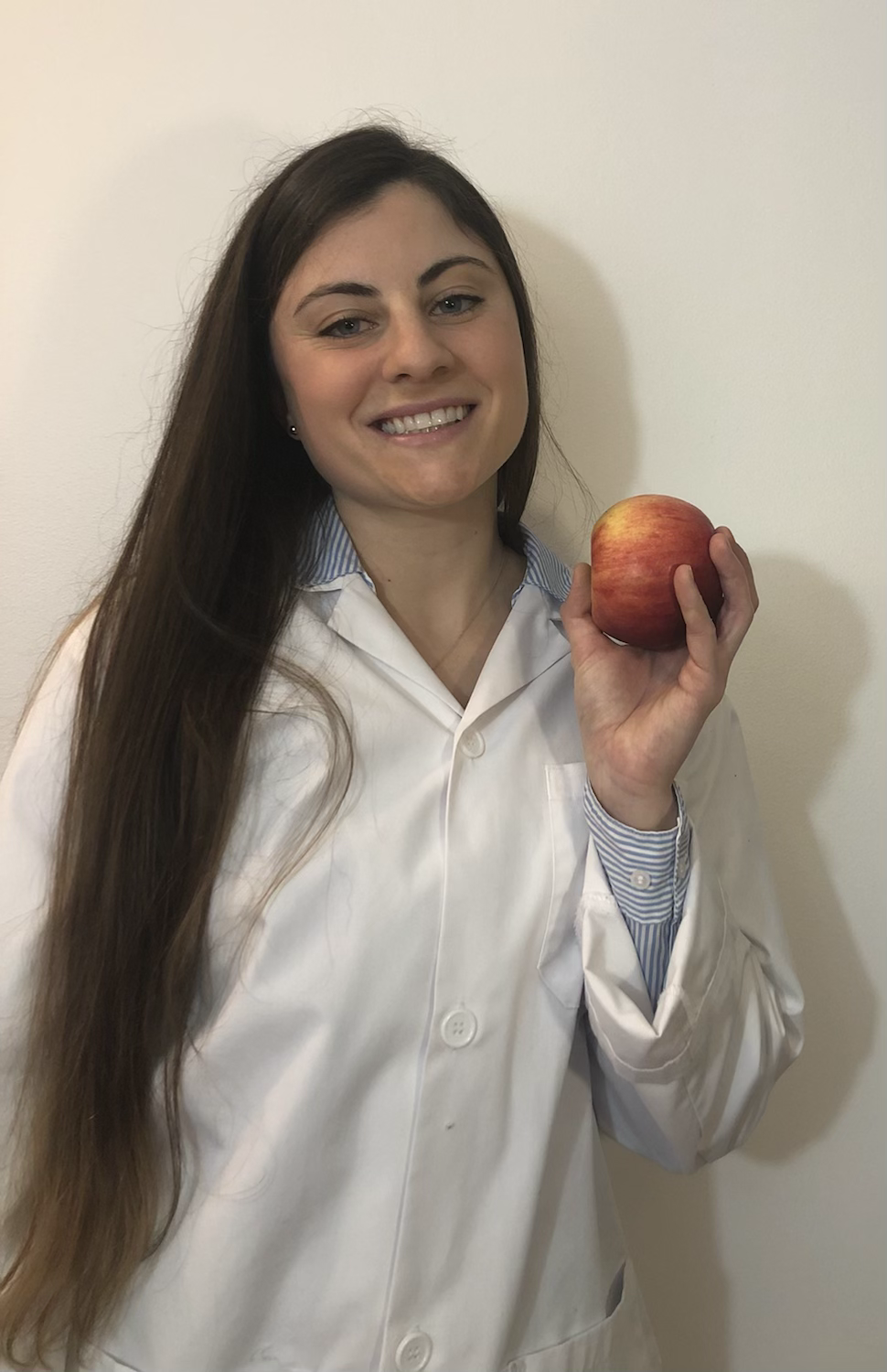Whole foods Plant-Based (WFPB) Diet Vs Vegan Diet
- Karine Drouin

- Apr 20, 2023
- 2 min read

Plant-based diets have greatly increased in popularity in recent years. In 2019, a study by the firm Léger showed that 26% of Canadians are flexitarians and 9% are vegetarians or vegans (1). This is positive, since when well planned and balanced, the vegetarian or vegan diet is associated with a reduced risk of mortality, type 2 diabetes, cardiovascular disease, hypertension, certain cancers, hypercholesterolemia and obesity (2).
Several variations of plant-based diets have emerged lately. One in particular is called the Whole Foods of Plant Origin (WFPB) diet. This text explains what it is and compares it to the vegan or plant-based diet.
Whole food plant-based diet
There are several definitions and interpretations of this diet. It is a vegan diet that excludes all foods of animal origin and emphasizes plant foods that are as close to their natural state as possible. It minimizes the consumption of highly processed foods as much as possible. This type of diet is generally of high quality when well balanced. This type of diet is made to maintain good health.
Promoted foods: fruits, vegetables, starches, legumes, nuts, seeds, oils, whole grains, whole grain breads, tofu, unsweetened vegetable drinks, etc.
Vegan or plant-based diet
This diet is not necessarily a high-quality diet, but can be as good as a whole-food, plant-based diet when properly balanced. This type of diet includes foods from the diet described above and some more.
A vegan diet, unlike a plant-based whole foods diet, may include the following foods: flavored plant drinks (added sugars), imitation meats and cheeses, refined grain products, etc. The vegan diet includes various ultra-processed foods that are not necessarily the healthiest.
Comparison table #1
Vegan diet vs whole food plant-based diet

Many people mistakenly believe that all vegan foods are healthier and more nutritious than their animal-based counterparts. Sometimes, some vegan products are less nutritious and/or higher in sodium or added sugars.
Maybe you will see vegan foods differently. For advice tailored to your needs and to learn more, contact me. It will be my pleasure to help you.
Karine Drouin, RD, Registered Dietitian
References
1- MAPAQ. (September, 2020). Retrieved March 25th 2023 from https://www.mapaq.gouv.qc.ca/SiteCollectionDocuments/Bioclips/BioClips2020/Volume_28_no16.pdf
2- Melina V, Craig W, Levin S. (2016) Position of the Academy of Nutrition and Dietetics: vegetarian diets. J Acad Nutr Diet. ;116(12):1970-1980.



Comments